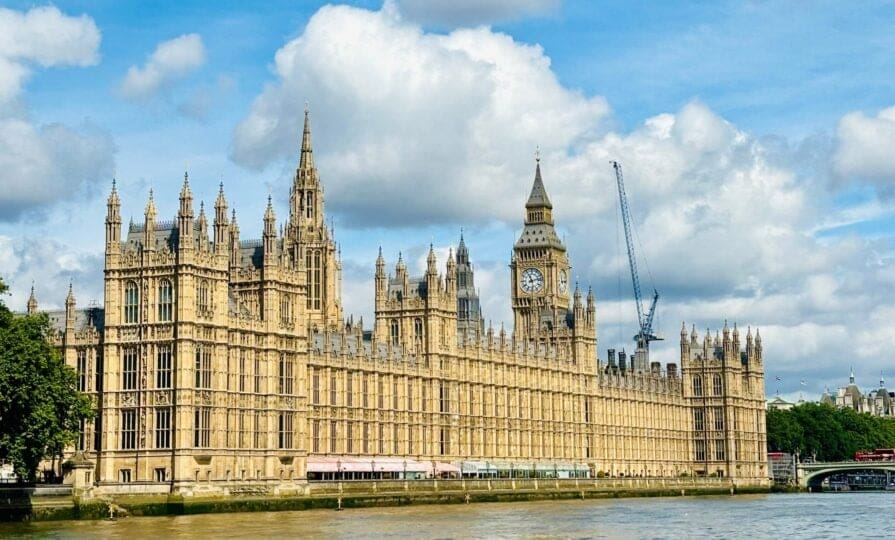Lords calls for national media literacy drive as UK ‘falls behind’
The committee urged the government to appoint a dedicated minister to lead work on media literacy across departments, warning that past efforts had been scattered and uncoordinated

Register to get 1 free article
Reveal the article below by registering for our email newsletter.
Want unlimited access? View Plans
Already have an account? Sign in
Media literacy must be embedded in schools and supported nationally through public services, according to a House of Lords committee report published today.
The Communications and Digital Committee said a lack of critical thinking skills in the UK population posed growing risks in a digital age marked by declining trust in news and institutions and an overwhelming volume of content.
The report calls for media literacy education to be integrated across the national curriculum, starting in early years. It also recommends improved initial teacher training and ongoing professional development to ensure teachers are equipped to deliver lessons.
Under current arrangements, media literacy provision in schools is “inconsistent and often dependent on the enthusiasm of individual teachers”, the committee found.
Outside the classroom, support is described as “patchy”, with many adults unfamiliar with the term. Provision often relies on underfunded voluntary organisations, the report said, with limited long-term strategy from government.
The committee urged the government to appoint a dedicated minister to lead work on media literacy across departments, warning that past efforts had been scattered and uncoordinated. While regulator Ofcom has developed a national media literacy strategy, the committee said ministers must not “outsource” responsibility.
Technology companies should also face stronger obligations to support media literacy, the report said. It proposes a new levy on platforms to fund independent initiatives, alongside minimum standards for on-platform media literacy activity overseen by Ofcom.
Among its key recommendations, the committee called for:
- Curriculum reform: Embed media literacy across the curriculum, with age-appropriate content from early years onwards and updated training for teachers.
- Public awareness: Launch a sustained national campaign to raise awareness and support adult learners, with clear signposting to resources and local delivery through libraries and youth services.
- Government leadership: Appoint a senior minister to coordinate policy across education, digital services and local authorities.
- Platform accountability: Introduce a levy on tech firms and mandate Ofcom to assess the effectiveness of platforms’ media literacy efforts. Committee chair Baroness Keeley said: “Media literacy is an issue that affects us all. In a world of polarising views and declining interest in traditional news media, it is more important than ever that both children and adults have the skills to think critically about the content they access and create.
“Yet too often media literacy is relegated to a one-off lesson or annual assembly. That is not good enough.”
Keeley added: “It is time to fill the leadership vacuum on media literacy. Ofcom’s contributions are valuable, but only the government can drive real progress in this area.”

